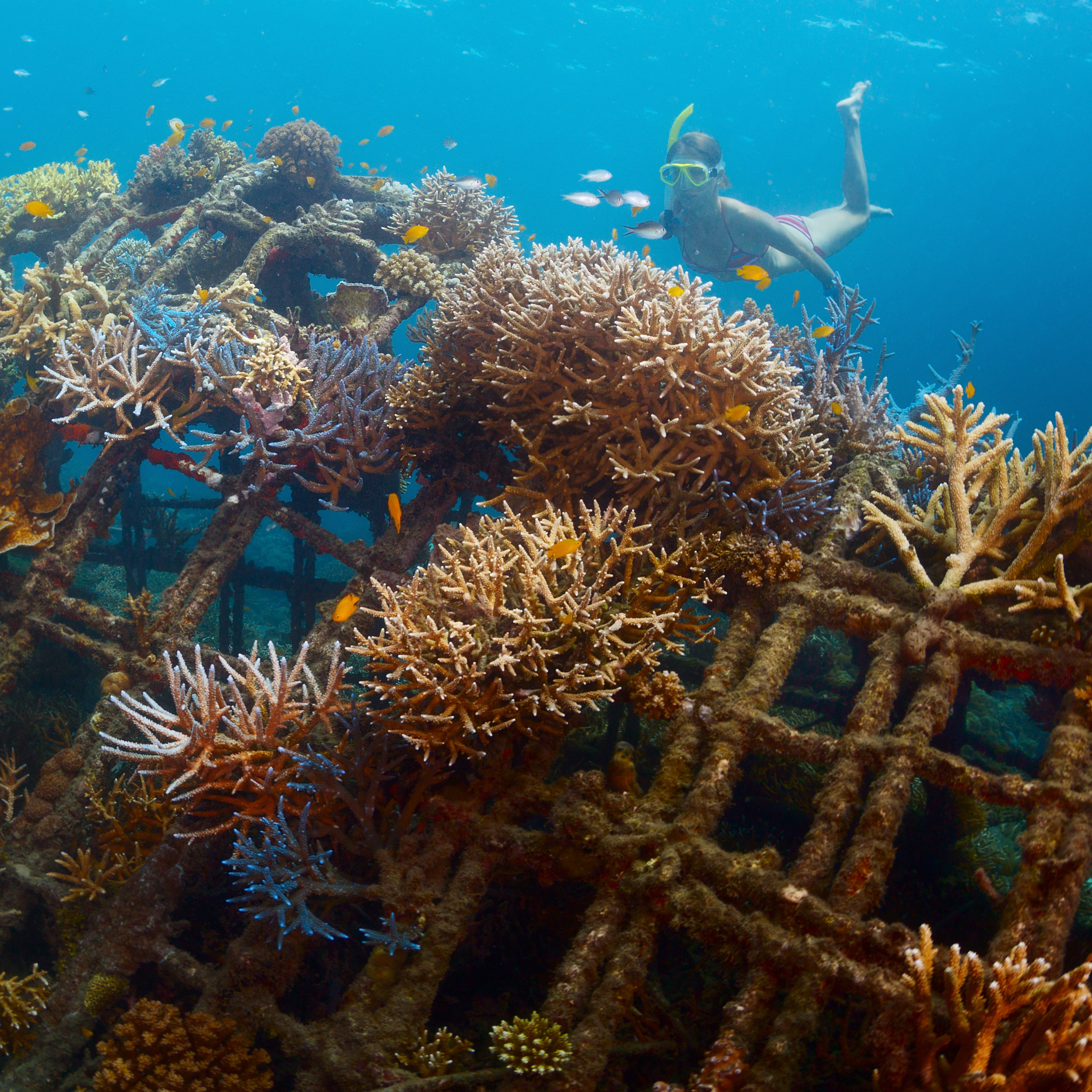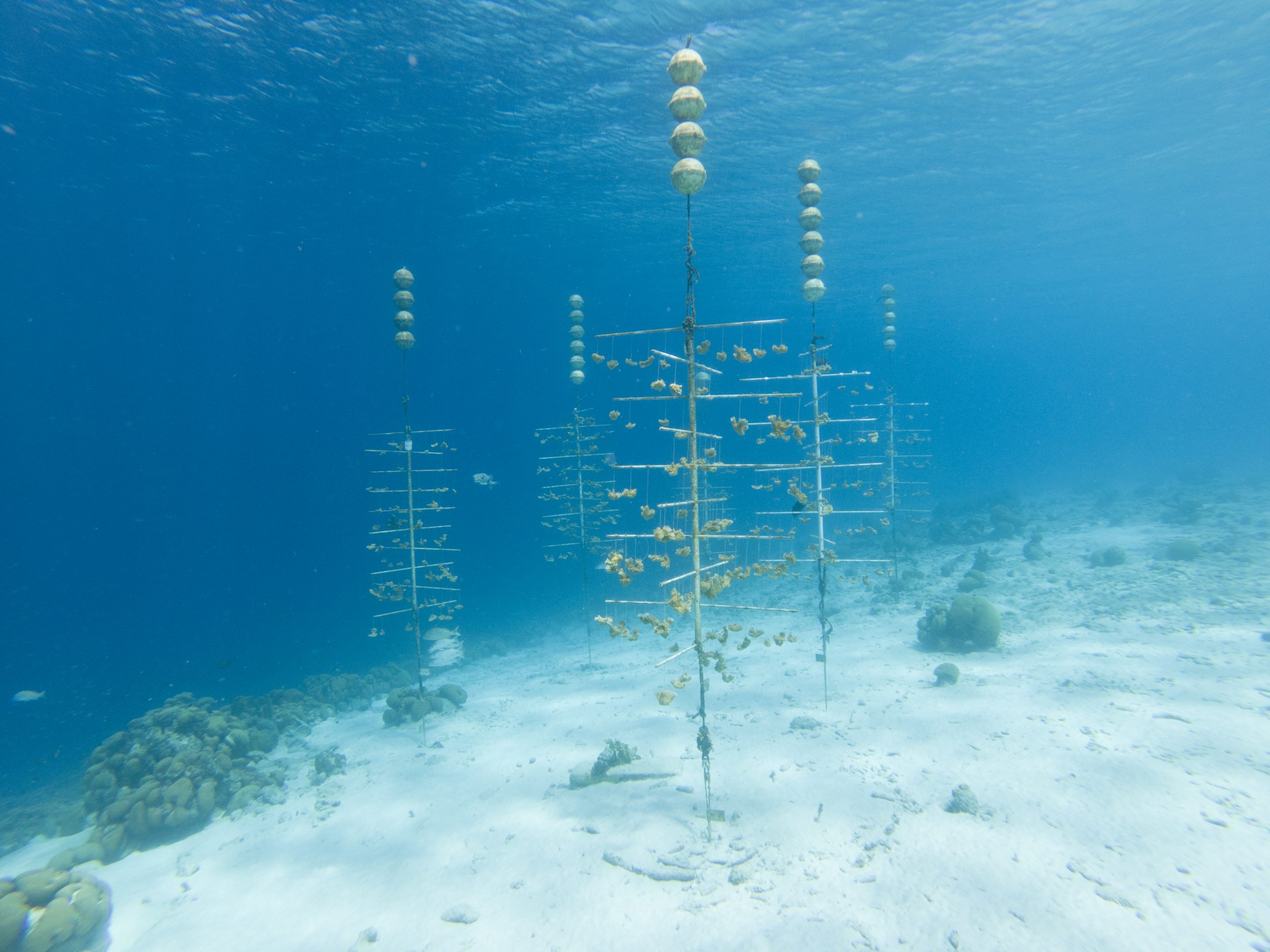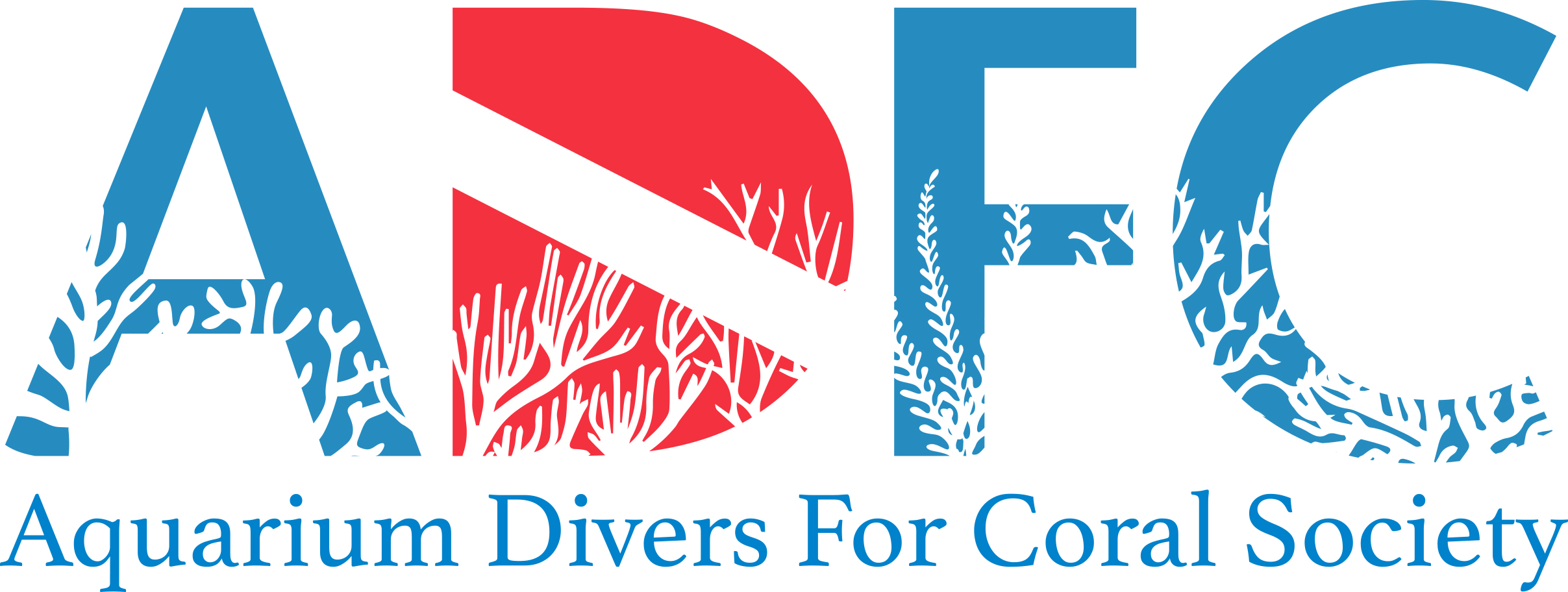Frequently Asked Questions
FAQs
How do I join ADFC?
Fill out our simple form, and we’ll contact you with a Welcome Letter. Once you are a member, you will start receiving updates and be eligible to join us for a mission trip, webinars, and exclusive benefits.
Does Coral Restoration make a difference in helping to stabilize the ocean’s ecosystem?
- Restoration efforts worldwide are making a difference. Science and technology are improving, and efforts to protect biodiversity and help corals survive are worth the effort.
- Coral reefs make up 1% of the ocean. Thirty percent of that 1% has perished in the last 40 years. Corals are an essential link to the ocean ecosystem. Twenty-five percent of all marine life spends at least part of their lives in coral reefs. The reef is a sanctuary for young marine life
- Barrier Reefs, like the Florida Reef Tract create a “barrier” to help absorb surge and wave strength during storms. They are natural protection for coastal areas. Without this barrier of protection, storm damage will be more widespread.
- Based on healthy coral reefs, Florida’s economy, is worth approximately 8.4 billion dollars. The tourism generated by the coral reef ecosystem is vital to Florida and many other areas worldwide.
What are the types of pollution affecting the coral?
- Carbon emissions (CO2) create heat in the atmosphere, which heats the ocean and changes its pH level, damaging coral.
- Cattle and other grass-eating animals, landfills, and industry emit methane, which heats the atmosphere even more than CO2 does.
- Plastic, fishing nets, fishing methods, and paint leeching off docked ships in reef areas also damage and kill coral.
- Damage is also caused by chemical and sewerage runoff as well as silt runoff
- Hundreds of thousands of beach-goers worldwide contribute to the problem by using unsafe sunscreen that is toxic to corals.
What is the impact of ships and boats.
- Ships running aground, dragging anchors, dragging fishing nets, or dropping anchor on coral formations that took a thousand years to grow can cause major damage to these ecosystems.
What if I get hurt while on the dive trip?
- Dive Accident Insurance is required to participate in an ADFC mission trip. General trip insurance is also highly recommended.
- Seek medical attention.
- Contact your dive accident insurance carrier or have someone contact them. Travel with that information and emergency contact information. Know your policy and what it provides.
- Inform the trip group leader and resort office
Should I bring my own dive gear or rent?
- That is your decision. Bring your own, rent from a local dive shop where you live or check out the rental prices online for the dive shop on location for that trip.
Can I deduct this trip on my federal income tax return?
- Donations are deductible for US Federal IRS income taxes now that ADFC has received its 501c3 status from the IRS.
- Check with a tax consultant to see if the trip is deductible.
Does ADFC have membership meetings?
- There will be 2-4 virtual membership meetings per year. News and updates will be posted on the website and members will receive email/newsletter updates at least once per quarter.
- One of the best way to stay involved and up to date is to join us for a trip, get certified to do coral restoration work, and help us get some coral restoration work complete
Can a non-diver be a member of ADFC?
Yes! We have opportunities for non-divers to help with land-based coral restoration efforts on some of our trips, and we welcome non-divers to join, participate in these trips, and help our organization. Check individual trip details for more information on how to participate.
Yes! We have opportunities for non-divers to help with land-based coral restoration efforts on some of our trips, and we welcome non-divers to join, participate in these trips, and help our organization. Check individual trip details for more information on how to participate.
Can I bring a guest?
- The short answer is yes. However, certain trips are more conducive for non-divers than others and on some of our mission trips non-diver guests will not be permited due to limited space. Please check the individual trip information for more information on which trips are more suitable for guest participation.


Aquarium Divers For Coral Society is a 501(c)(3) nonprofit organization.
